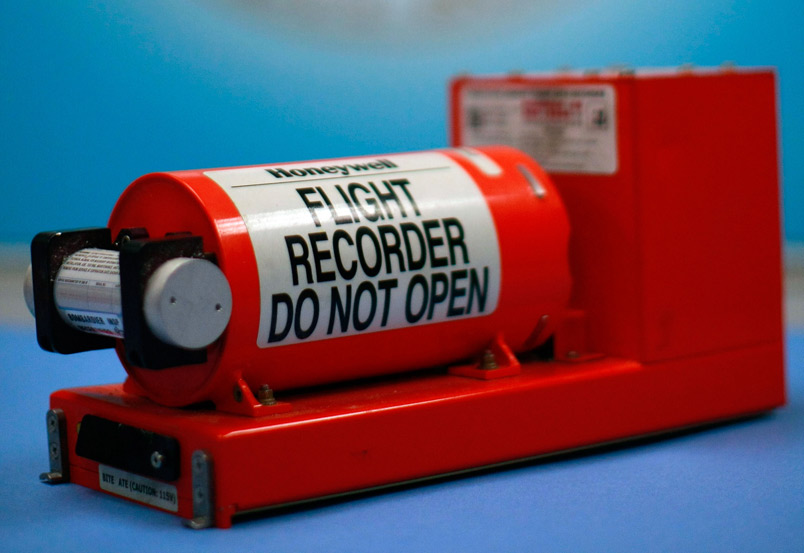You are sitting at the wheel of a driverless car in auto-pilot mode and an accident happens. Who is to blame? It’s an easy question to ask, but a tricky one to answer.
Did your car ask you to resume control before the crash – and did you get enough time to act? Were the road conditions suitable for driverless mode? Were the car’s operating, navigation and security systems up to date with the latest software before the journey began?
Depending on the answers to each of those questions, the liability for the accident may be different.
But now Germany appears set to introduce new laws that would require all future driverless cars to be equipped with a “black box” journey recorder – the equivalent of flight recorders that have been carried on aircraft since the late 1960s and which help investigators to unravel the causes of accidents.

According to a report in July from the news agency Reuters, German Transport Minister Alexander Dobrindt wants driverless black boxes to record when autopilot mode was turned on or off and also to track what alerts the car gave to the driver.
The British Government appears to agree with the idea. In the Government’s detailed consultation paper on driverless cars also published in July, ministers said:
Data will clearly be required to determine whether the driver or the vehicle was responsible for any collision, such as establishing who was in control at the time of the incident. This is likely to come from in-vehicle data recorders. Many vehicles already have data recorders fitted, although the data collected is not accessible without special equipment. We expect that the out-of-the-loop motorway driving vehicles that are coming to market soon will have an event data recorder fitted. There are inevitably different views as to what data is essential and of course data protection and privacy considerations are important. It seems likely that data recorders would be regulated on an international basis, like most vehicle technologies.
Ministers are giving a very strong hint that they want to see a single international system and standard for recording journey data rather than car manufacturers coming up with their own, separate systems. You can read more about the consultation here.
But the tragic death of a driver whose Tesla was in auto-pilot mode in Florida in June has brought the question of journey recording into sharp focus.
So what kind of data would be useful to accident investigators and how much data would be enough?
Aircraft carry two recorders. Cockpit Voice Recorders (CVR) capture conversations between the pilot and on-board crew and radio messages between the plane and air traffic control. It also captures the background sound of the engines.
A second recorder, the Flight Data Recorder (FDR), captures data from the aircraft’s measurement instruments and sensors, including speed, direction and altitude. In all, about 2,000 different types of data signal are monitored and recorded throughout a flight.
The recorders are equipped with a “pinger” – an electronic location beacon that helps investigators find it. And, contrary to the popular name, the “black box” recorders tend to be bright orange to make them more easily seen.
But in the wake of air accidents in the last few years, debate has been growing in the aviation industry about the future of black box recorders. Some have argued that the boxes need to live-stream data via satellite link rather than retain it on-board the aircraft. Others believe that the devices need to “eject” from aircraft to make them easier to recover from an accident site.
So what data should a driverless car’s black box collect?
And is that data only available in the event of an accident or could your car “police” how well you obey the rules of the road when you are in control? Should driverless cars be able to communicate with each other to warn of changing road conditions or accidents ahead?
Recording voices and sound within the car could help determine whether the driver was paying full attention to the road. But there are inevitable questions about privacy if personal conversations are being recorded.
Yet for some motorists – particularly younger drivers – having a black box recorder in their vehicle is nothing new and certainly nothing to fear. They encourage people to drive safely and help them save money.
Small in-car devices typically use GPS systems to help monitor speed, braking and cornering – including our own FluxScore system which rates how well you are driving and shows how it might affect your premium via a smartphone app.
So the real question is how to adapt and potentially extend this existing, successful technology to driverless vehicles. But it seems beyond doubt that the future is black box motoring.
